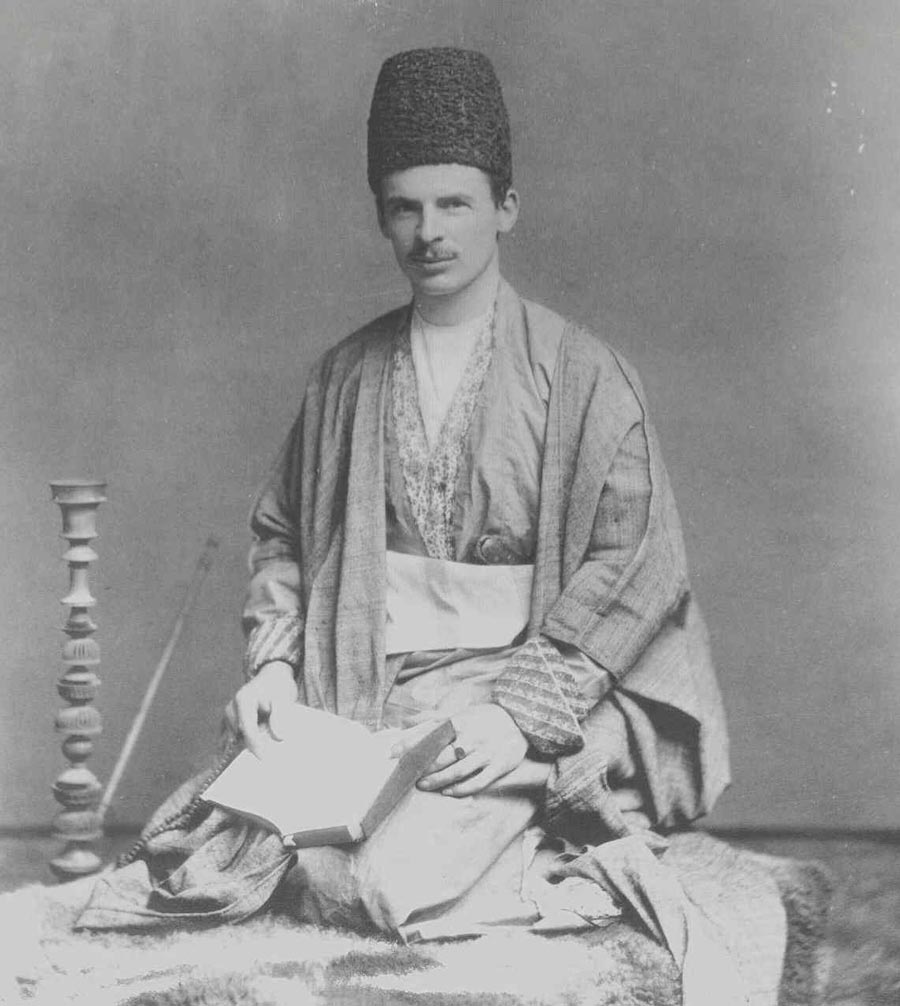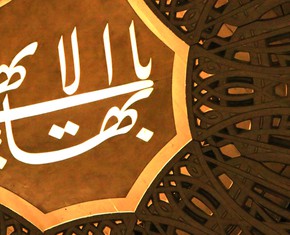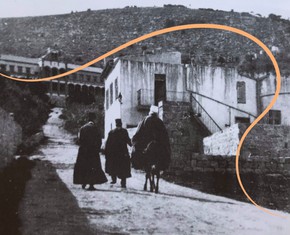The views expressed in our content reflect individual perspectives and do not represent the authoritative views of the Baha'i Faith.
The Baha’i teachings offer humanity the personal, social, and cultural benefits of unity—and the means for its achievement.
Since the passing of Baha’u’llah—the prophet and founder of the Baha’i Faith—in 1892, the word unity has gained several new meanings and connotations.
For this reason, let’s clarify what it means here, and what it doesn’t mean. In its vernacular usage, people often tacitly define unity as some movement toward sameness. Baha’is do not believe unity is uniformity; instead, it represents the organic cohesion of varying elements which, the Baha’i teachings point out, must embrace and accommodate diversity:
Consider the flowers of a garden: though differing in kind, colour, form and shape, yet, inasmuch as they are refreshed by the waters of one spring, revived by the breath of one wind, invigorated by the rays of one sun, this diversity increaseth their charm, and addeth unto their beauty. Thus when that unifying force, the penetrating influence of the Word of God, taketh effect, the difference of customs, manners, habits, ideas, opinions and dispositions embellisheth the world of humanity. This diversity, this difference is like the naturally created dissimilarity and variety of the limbs and organs of the human body, for each one contributeth to the beauty, efficiency and perfection of the whole. When these different limbs and organs come under the influence of man’s sovereign soul, and the soul’s power pervadeth the limbs and members, veins and arteries of the body, then difference reinforceth harmony, diversity strengtheneth love, and multiplicity is the greatest factor for co-ordination.
How unpleasing to the eye if all the flowers and plants, the leaves and blossoms, the fruits, the branches and the trees of that garden were all of the same shape and colour! Diversity of hues, form and shape, enricheth and adorneth the garden, and heighteneth the effect thereof. In like manner, when divers shades of thought, temperament and character, are brought together under the power and influence of one central agency, the beauty and glory of human perfection will be revealed and made manifest. – Abdu’l-Baha, Selections from the Writings of Abdu’l-Baha, pp. 291-292.

Professor Edward Granville Browne of the University of Cambridge.
At the close of the nineteenth century, Baha’u’llah identified the achievement of unity in diversity as our greatest social need. This is still true at the dawn of the third millennium. Indeed Baha’u’llah’s life and teachings serve as a testimony to the pressing needs of this day and age. Fortunately, contemporary historians witnessed and wrote about the unparalleled events of Baha’u’llah’s life and ministry; however, they were often at a loss for words in their attempts to describe him. Perhaps the best attempt occurred just two years before his passing, when Baha’u’llah himself welcomed one of the few Westerners ever to meet him. The visitor was Edward Granville Browne, a rising young orientalist and future professor of Cambridge University. In the words of Professor Browne:
The face of him on whom I gazed I can never forget, though I cannot describe it. Those piercing eyes seemed to read one’s very soul; power and authority sat on that ample brow. . . . No need to ask in whose presence I stood, as I bowed myself before one who is the object of a devotion and love which kings might envy and emperors sigh for in vain! – E.G. Browne, quoted in Hasan Balyuzi’s Edward Granville Browne and the Baha’i Faith, p. 56.
In his memoirs Professor Browne recounts that Baha’u’llah, in a mild, dignified voice, invited him to be seated and spoke to him:
Praise be to God that thou hast attained! … Thou hast come to see a prisoner and an exile … We desire but the good of the world and the happiness of the nations; yet they deem us a stirrer up of strife and sedition worthy of bondage and banishment. … That all nations should become one in faith and all men as brothers; that the bonds of affection and unity between the sons of men should be strengthened; that diversity of religion should cease, and differences of race be annulled—what harm is there in this? … Yet so it shall be; these fruitless strifes, these ruinous wars shall pass away, and the “Most Great Peace” shall come. … Do not you in Europe need this also? Is not this that which Christ foretold? … Yet do we see your kings and rulers lavishing their treasures more freely on means for the destruction of the human race than on that which would conduce to the happiness of mankind. … These strifes and this bloodshed and discord must cease, and all men be as one kindred and one family. – Baha’u’llah, quoted by E.G. Browne, Ibid., p. 57.
















Comments
Sign in or create an account
Continue with Googleor